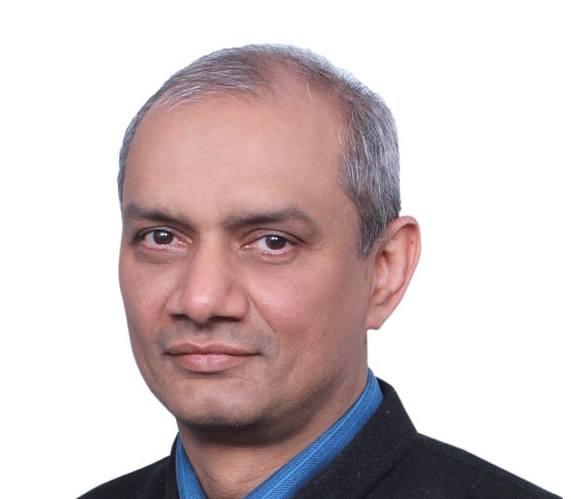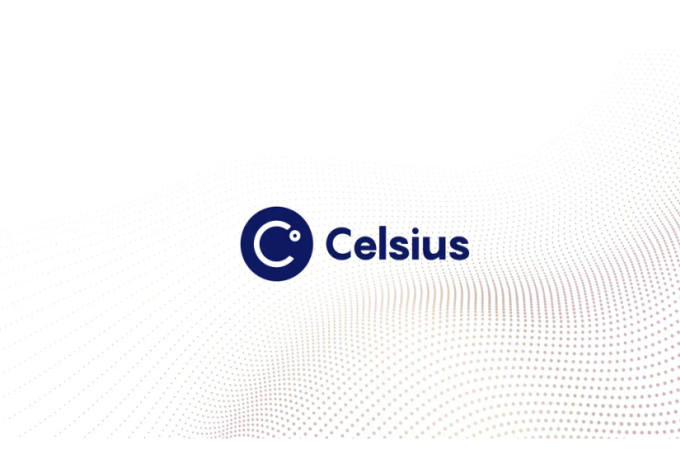
Indian small business lender Aye Fin raises $10.3 million in funding
By Durba Ghosh for TechInAsia
Delhi-based non-banking finance company Aye Finance raised a US$10.3 million in series B round from LGT IV and existing investors SAIF Partners and Accion. The latter two had previously contributed close to US$3 million in December last year.
Aye Finance, which offers loans to profitable micro, small, and medium enterprises (MSMEs), plans to use the new funds to expand its presence in the southern and western parts of India. Currently, Aye Finance has 33 branches in the northern states of the country, but just 2 in the South.
Part of the funds will be used to strengthen the company’s cloud-based technology for better risk analysis of potential MSME clusters. The company will set up a dedicated data warehouse this year.
The company plans to additionally raise nearly US$300 million in debt funds by the end of March 2018, co-founder Sanjay Sharma told Tech in Asia.

Aye Finance co-founder Sanjay Sharma. Photo Credit: Aye Finance.
In this round of investment, the existing investors have brought in US$5.9 million, while new investor LGT contributed US$4.4 million. SAIF Partners now owns largest stake in Aye Finance at 28 percent.
To date, Aye Finance, has disbursed loans worth about US$15 million to 40 different MSME clusters such as brass casting, carpet manufacturing, garments trading, and restaurants. By March 2018, the company plans to increase its loan disbursal to over US$70 million, with additional 40 new clusters that it will add to its portfolio. Over the next five years, the company targets to disburse loans worth close to US$300 million.
According to Aditya Birla Finance, the funding gap in the MSME space is close to US$43 billion.
Now in its third year of operation, Aye Finance was founded in 2013 by two former executives of microfinance institution Ujjivan Financial Services: Sanjay Sharma and Vikram Jetley.
Aye typically offers loans in the range of US$700 to US$35,000 and has supported over 10,000 micro enterprises to date.
First appeared at TIA





